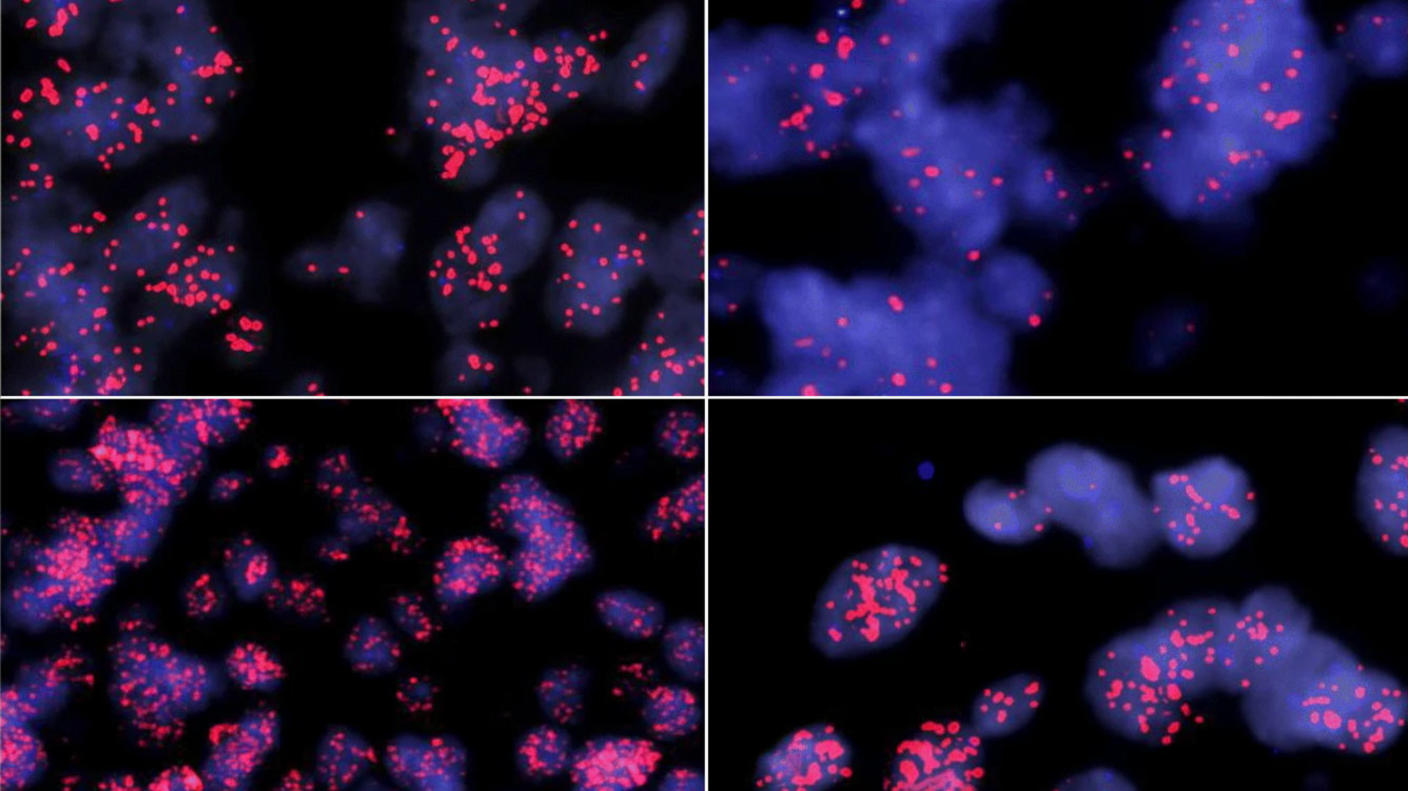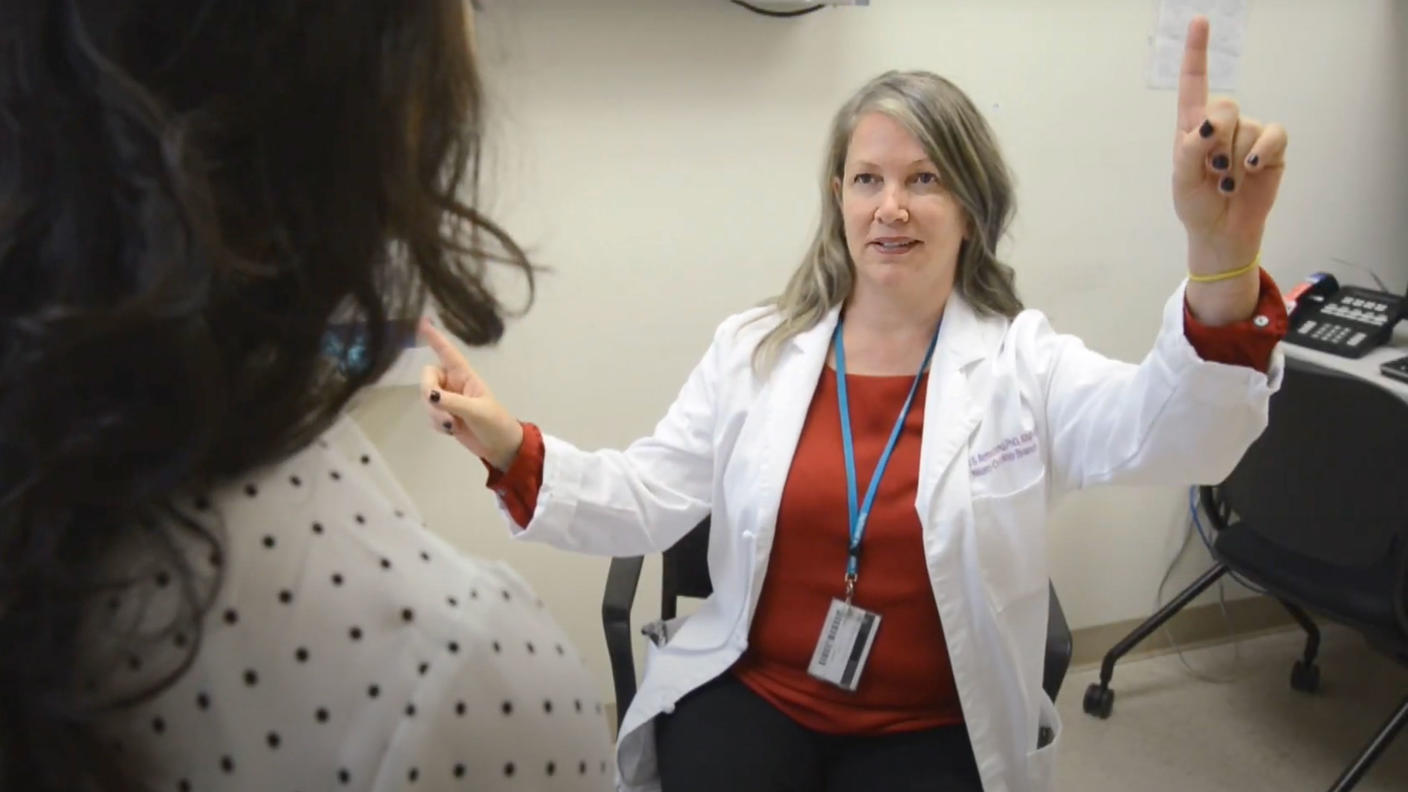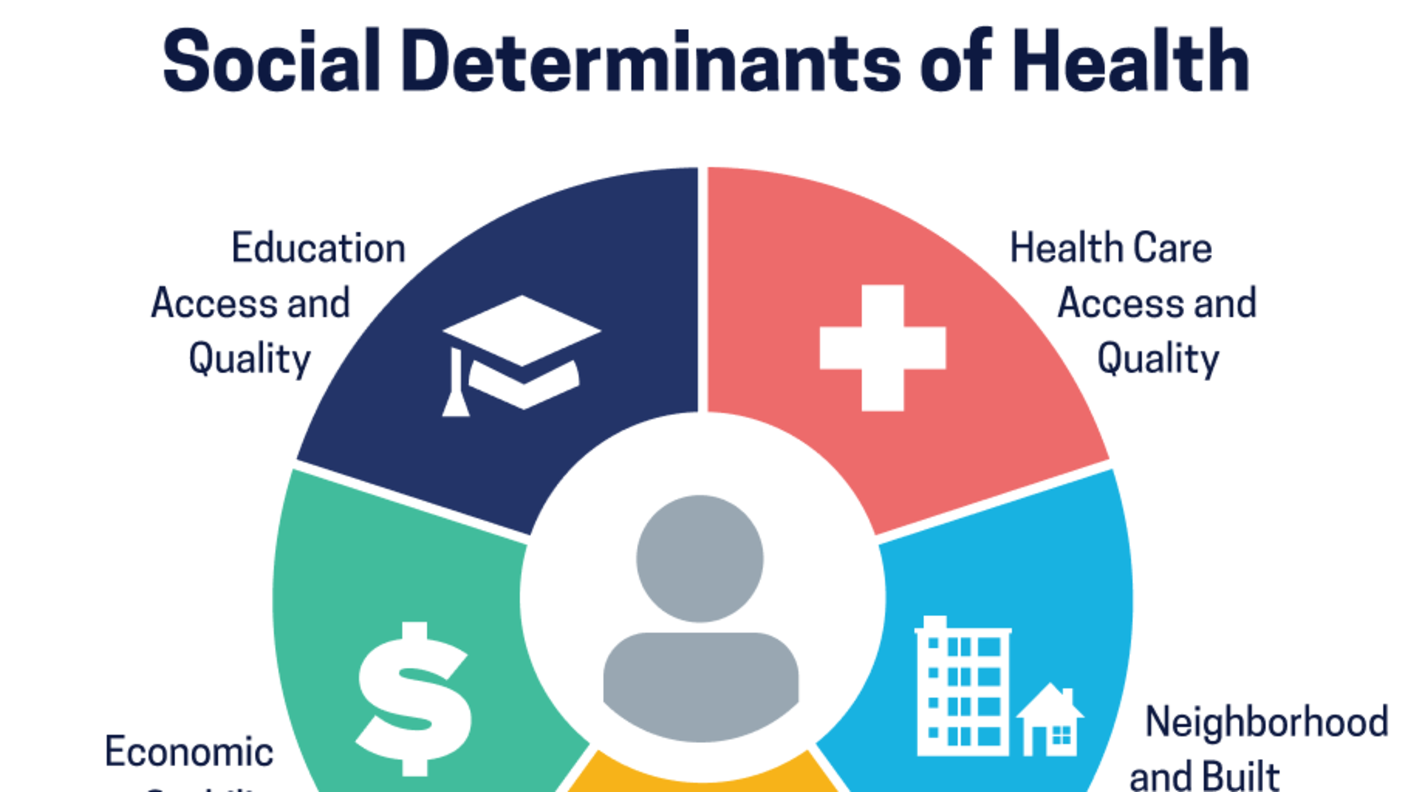Clinical Studies
Clinical studies are research studies that test or observe how well medical approaches work in people. Some clinical studies, also called clinical trials, test new treatments, such as new drugs or other therapies. These studies help researchers learn if a new treatment is effective or less harmful than standard treatments.
Other clinical studies, called observational studies, do not involve testing new treatments. They are designed to gather information about a disease, understand it better, and improve patient outcomes. They may include medical exams, tests, and questionnaires.
Patients can consider participating in a clinical trial or observational study through the NCI-CONNECT Clinic at any point, from the time of diagnosis through recurrence. The NCI-CONNECT Clinic is located at the NIH Clinical Center in Bethesda, Maryland and led by the NCI Center for Cancer Research’s Neuro-Oncology Branch (NOB). Patients at the NIH Clinical Center consent to participate in research studies (protocols) and are treated without charge. NIH does not bill for any services.
If you are interested in participating in any of our clinical studies for adults with rare central nervous system (CNS) cancers, have your doctor contact us to discuss the best options for your care. Please understand that we are not accepting self-referrals or international patients at this time, but your care remains our top priority.
Treatment Trials
Patients can participate in the treatment trials listed below by visiting the NCI-CONNECT Clinic at NIH in Bethesda, Maryland, for an evaluation and to determine if they are eligible. All treatments are administered at NIH or participating partner sites.
Read More Clinical Trial News
-
 Modifying a Chemotherapy Drug Offers Hope
Modifying a Chemotherapy Drug Offers HopeA phase 1/2 clinical trial is testing an investigational drug called PLX038 on hard-to-treat central nervous system tumors.
-
 Clinical Trial Tests Precision Medicine for IDH-Mutant Brain Tumors
Clinical Trial Tests Precision Medicine for IDH-Mutant Brain TumorsA phase 1/2 trial investigates zotiraciclib as a treatment for people with recurrent gliomas containing an IDH1 or IDH2 mutation.
-
 First-in-Human Trial for People with Recurrent Rare CNS Tumors
First-in-Human Trial for People with Recurrent Rare CNS TumorsNCI-CONNECT launched a phase 1 clinical trial for people with recurrent rare brain and spine tumors as a first step toward developing a novel drug.
Read More Clinical Trial News
-
 Tracking Sleep Patterns in Brain Tumor Patients
Tracking Sleep Patterns in Brain Tumor PatientsAn interim study analysis demonstrates that combining Fitbit data with self-assessments is a reliable method for understanding sleep changes in patients.
-
 Natural History Study Enrolls One Thousand Participants
Natural History Study Enrolls One Thousand ParticipantsThe Natural History Study is improving treatment and quality of life for patients with rare central nervous system cancers.
-
 Examining Social Determinants of Health to Improve Brain Tumor Patient Quality of Life
Examining Social Determinants of Health to Improve Brain Tumor Patient Quality of LifeA new study explores how social determinants influence symptoms that people with brain tumors experience.